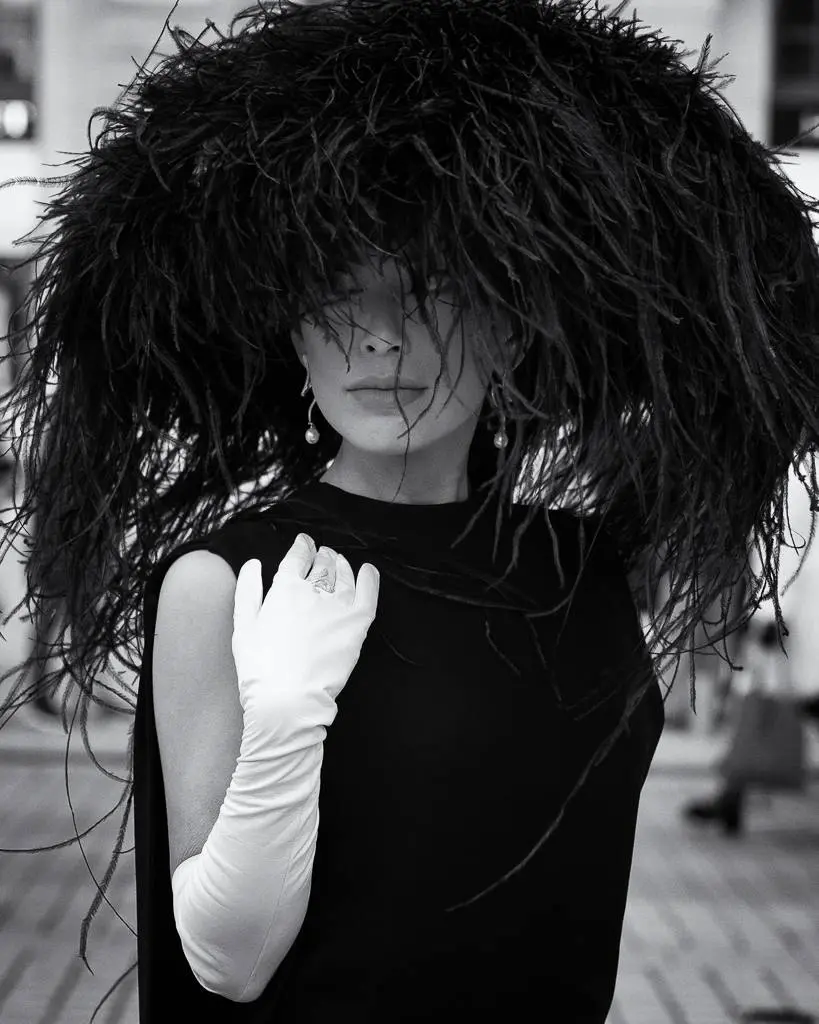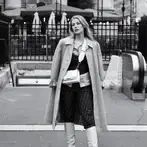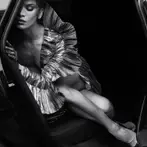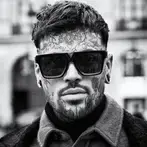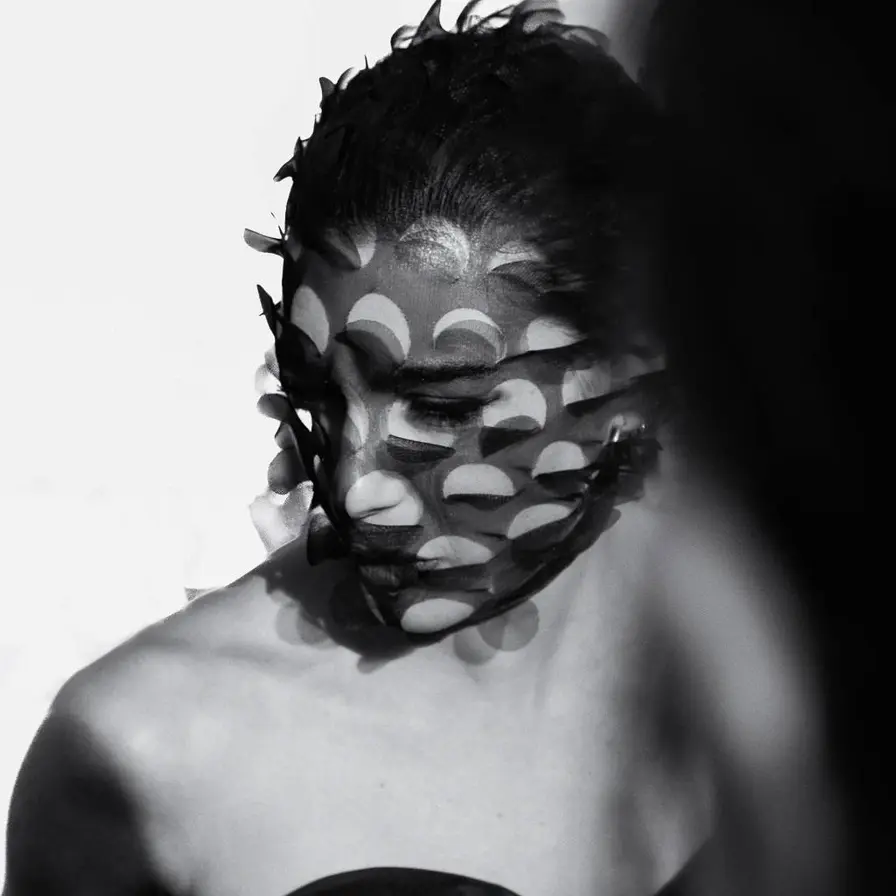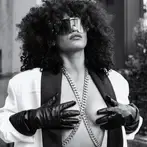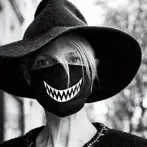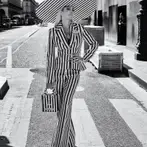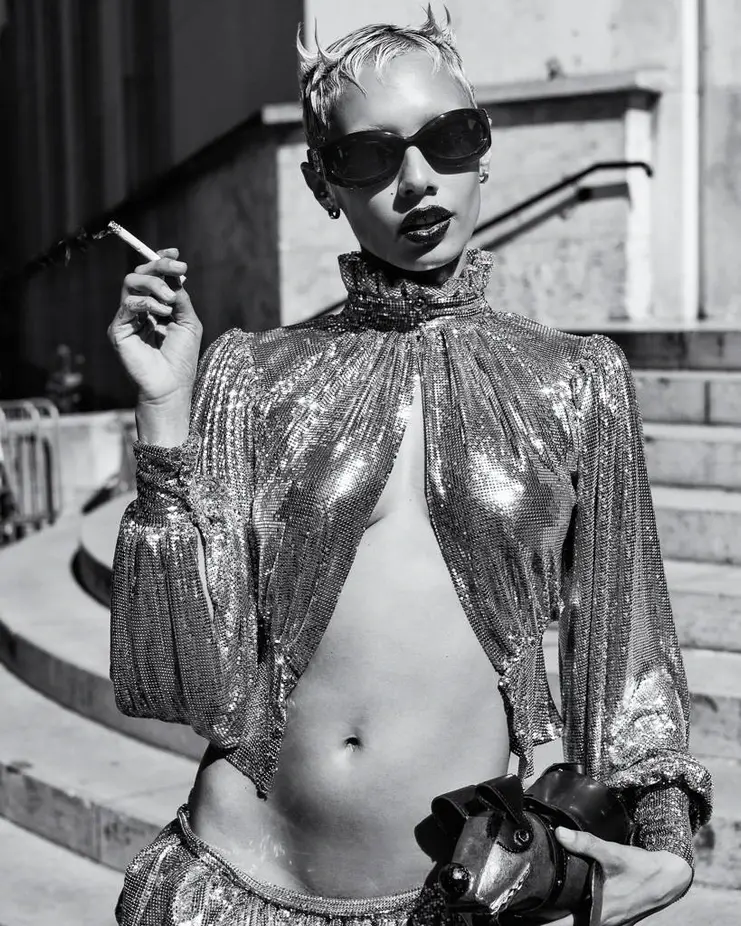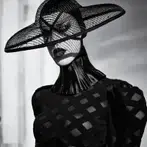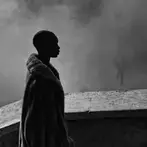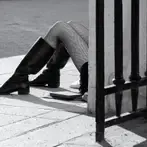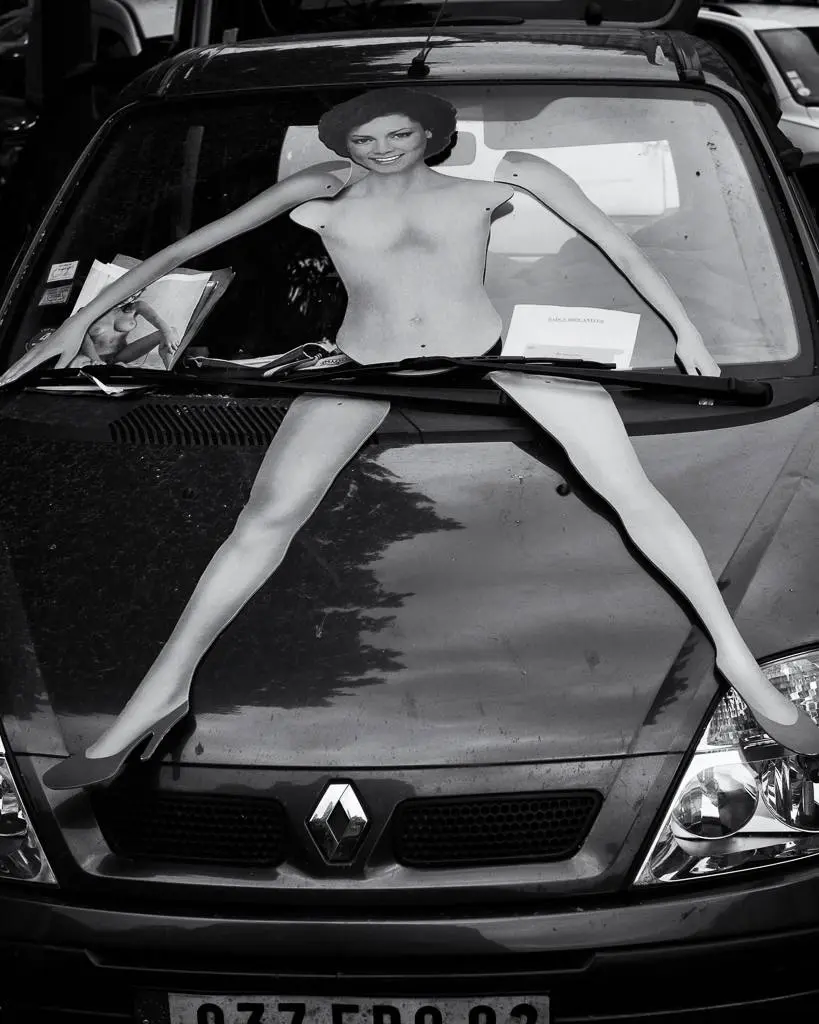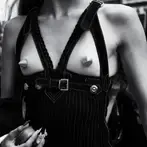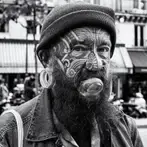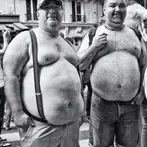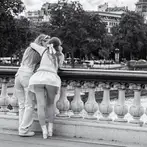As cameras became more and more portable, street photography as a genre became more popular. And such iconic names as Henri Cartier-Bresson and Robert Doisneau showed that photography can not only capture the beauty of the moment, but also carry a visual message.
I started photography at the age of twenty, with black and white film that I developed myself, in a cabinet that I had set up. At the time, I was doing mostly family photography. I didn’t go to photography school, I am self-taught. I learned on my own, letting my instincts guide me.At one point I had to suspend my practice for many years because I didn’t have the time to devote to it. At that period of my life I was working in the textile and garment industry.
Only fifteen years ago, after a break in my professional life, I rediscovered my sensations. My view of the world around me changed and my artistic sensitivity increased considerably. It was a revelation for me, a form of therapy that gave meaning to my life. I decided to devote myself entirely to photography. The great humanist photographers of the 50’s and 60’s in this hyper photogenic Paris inspired me enormously.
Black and white photos induce a sense of timelessness. It allows one to focus on the main subject of a street scene for example, where many disturbing elements can distract the reader’s eye. Also B&W brings a certain dramaturgy to the image. Perhaps also the nostalgia of a bygone era…
Just life, people, reality without artificiality, the authenticity of the situations that arise, sometimes funny, sometimes dramatic. It is a testimony of an era, of a way of life. And I am lucky enough to live in the most beautiful city in the world, so for me it is a score that is constantly being played, an open-air theater.
If you want to get a shot that reveals the authenticity of a person or a situation you are photographing, it has to be an instant shot. Asking for permission is a heresy in the field of street photography.Today, in the age of social networks, it is becoming difficult to carry out this practice, as people are so afraid to be found on these media.
So, you have to be very discreet and use subterfuge.
Sometimes, however, I ask permission from the person I really want to photograph. I have rarely failed, even if it was sometimes after long negotiations. You have to be reassuring and have a sense of human relations. These are rarely the best shots, by the way.
If you want to get a shot that reveals the authenticity of a person or a situation you are photographing, it has to be an instant shot. Asking for permission is a heresy in the field of street photography.
Today, in the age of social networks, it is becoming difficult to carry out this practice, as people are so afraid to be found on these media.
So, you have to be very discreet and use subterfuge.
Sometimes, however, I ask permission from the person I really want to photograph. I have rarely failed, even if it was sometimes after long negotiations. You have to be reassuring and have a sense of human relations. These are rarely the best shots, by the way.
I’ve always been fascinated by fashion photography, especially from the ’50s to the ’80s. During the fashion week, you can photograph everybody without any problem, people come there for that, so it’s a great hunting ground for all photographers. As for street photography, I rarely ask people to pose because my goal is always to get the most natural images possible. Besides, we rarely have the opportunity in “real life” to see together the most beautiful outfits, created by the most fashionable designers, worn by very beautiful people.
The possibility of stopping time and offering it eternity.
There were quite a few, I think, of course, of humanists such as Cartier-Bresson, Doisneau, Boubat, Ronis. For fashion photography, there are Peter Lindberg, Sieff, Klein, Avedon, Helmut Newton…This list is not exhaustive.
Every photographer wants to exhibit their work, it reflects the true purpose of the work done, but it is not easy. The gallery that exposed some of my work closed at the time of the Covid crisis. I don’t have any concrete project to come. I’ll just keep doing what I love: photography.
